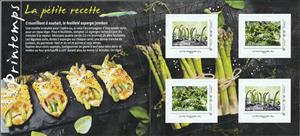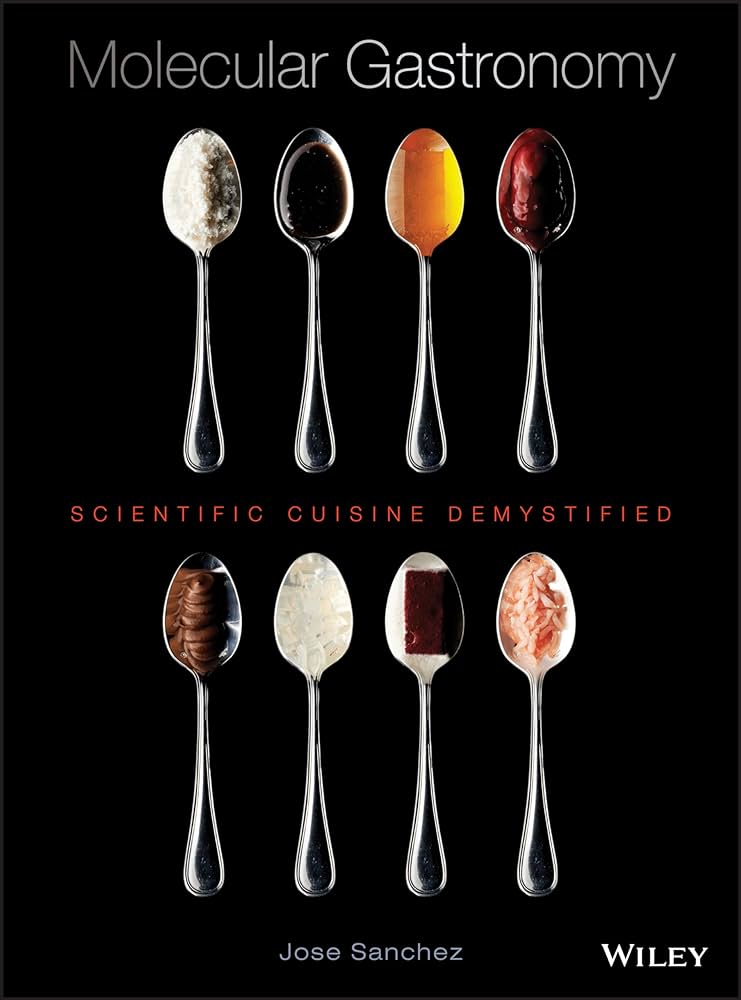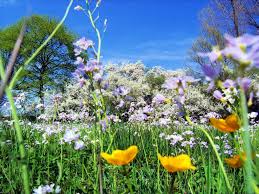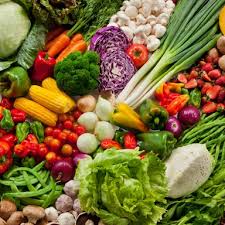Booklet: Collector Exclusive: Spring (Spinach and Asparagus) (France 2022)
Collector Exclusive: Spring (Spinach and Asparagus) (France 2022)
01 April (France ) within release Collector : The Little Recipes goes into circulation Booklet Collector Exclusive: Spring (Spinach and Asparagus) face value 4*Prior. No Face Value
| Booklet Collector Exclusive: Spring (Spinach and Asparagus) in catalogues | |
|---|---|
| Colnect codes: | Col: FR 2022-COL02 |
Booklet is square format.
Collector/Exclusifs.Booklet Collector Exclusive: Spring (Spinach and Asparagus) it reflects the thematic directions:
Gastronomy is the study of the relationship between food and culture, the art of preparing and serving rich or delicate and appetizing food, the cooking styles of particular regions, and the science of good eating. One who is well versed in gastronomy is called a gastronome, while a gastronomist is one who unites theory and practice in the study of gastronomy. Practical gastronomy is associated with the practice and study of the preparation, production, and service of the various foods and beverages, from countries around the world. Theoretical gastronomy supports practical gastronomy. It is related with a system and process approach, focused on recipes, techniques and cookery books. Food gastronomy is connected with food and beverages and their genesis. Technical gastronomy underpins practical gastronomy, introducing a rigorous approach to evaluation of gastronomic topics
Spring, also known as springtime, is one of the four temperate seasons, succeeding winter and preceding summer. There are various technical definitions of spring, but local usage of the term varies according to local climate, cultures and customs. When it is spring in the Northern Hemisphere, it is autumn in the Southern Hemisphere and vice versa. At the spring (or vernal) equinox, days and nights are approximately twelve hours long, with daytime length increasing and nighttime length decreasing as the season progresses until the Summer Solstice in June (Northern Hemisphere) and December (Southern Hemisphere).
Vegetables are parts of plants that are consumed by humans or other animals as food. The original meaning is still commonly used and is applied to plants collectively to refer to all edible plant matter, including the flowers, fruits, stems, leaves, roots, and seeds. An alternative definition of the term is applied somewhat arbitrarily, often by culinary and cultural tradition. It may exclude foods derived from some plants that are fruits, flowers, nuts, and cereal grains, but include savoury fruits such as tomatoes and courgettes, flowers such as broccoli, and seeds such as pulses.



